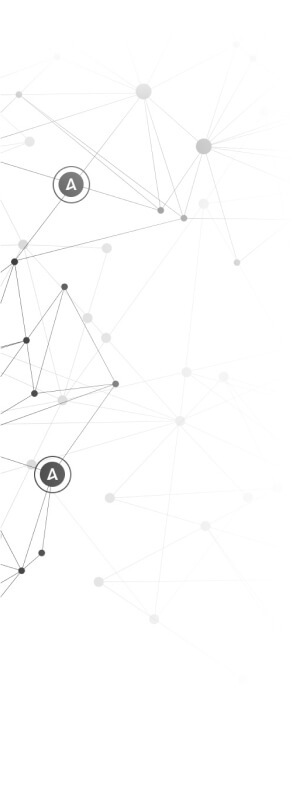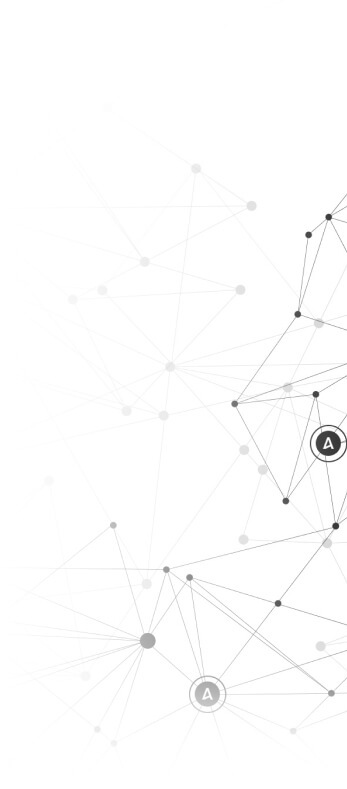It’s now approaching a year since we launched our global innovation sphere, which we call Spark. A good time to look at how Spark is already becoming an established part of academic life at undergraduate and graduate level, giving students the opportunity to get acquainted with some of the new ideas that are paving the way for “tomorrow’s hospitality”.
Hospitality needs innovators. As the industry’s top players get on board the digital transformation express, they are turning to young talents who can apply their digital savvy and entrepreneurial instincts to create new market opportunities from clever ideas.
This is the founding principle of Spark, our global innovation sphere. And it’s a big part of why Spark invites industry partners to come into campus and give students direct exposure to new concepts as part of their academic curricula.
Partners like qiibee, which uses blockchain technology to create loyalty products and solutions, and which is now looking to make inroads into the hospitality sector. What better way to get closer to the industry than to work with its future professionals?
“For this academic project, our Postgraduate Diploma students were tasked with analyzing whether qiibee’s blockchain technology could improve loyalty for customers in specific hospitality segments,” explains Pablo J. Garcia, Director of Spark at Crans-Montana campus.
The end goal for such technology is to combine loyalty with sustainability, giving guests the opportunity to earn loyalty rewards for acting sustainably. After the success of the initial project, Spark and qiibee are now in discussions about follow-up programs that will continue this initiative – potentially giving students the chance to become involved with co-creating a product.
For Pablo, the real-world exposure that comes from working on such projects brings invaluable benefits for students.
“This is the same ‘applied science’ that you will find happening in universities across the world. By working hand in hand with companies on academic projects related to hospitality innovation, we’re letting the students learn by doing. It’s genuine experiential learning, not just working through case studies from the past.”
An end to the towel?
Like the initiative with qiibee, sustainability is also at the heart of a Spark academic project which looked at the potential for hotels to replace towels with all-over body driers. For this, students worked with the Spark partner Valiryo, which has developed a fully automated body drying device that replaces the traditional towel with an air stream generated by an economical electrical engine.
“The company has a dedicated hospitality sales team and they want to make an impact within our industry,” explains Susana Garrido Valiente, Director of Spark at Marbella campus. “Working with our students gave them the chance to hear insights from a hotel operations perspective, as well as getting individual reactions from a student grouping which represents a variety of different cultures and backgrounds.
“That’s very important when you are trying to get into a new market which you are not that familiar with.”
As a follow-up project, Les Roches Master’s students are now working to crunch the numbers involved in making the switch from towels to the automated body dryers.
“Valiryo shared a wealth of research data and financial numbers with us, because they were genuinely interested to see what the students came up with. From the students’ perspective this is a chance to look at business in real life, not just a theoretical explanation in class. We’re bringing the industry to campus, delivering active, not passive, learning,” adds Susana.
Partners for progress
The idea of Les Roches acting as a bridge to the hospitality industry for tech companies – and as a bridge to technology for hospitality players – is something that especially excites Pablo. It’s the factor that, he thinks, has helped to generate such enthusiasm for partnering with Spark.
“The interesting part is when we talk to hospitality companies in our ecosystem. They understand they have to digitalize; that digital transformation is a requirement for them. But they don’t always know how. It’s a very complicated world and they may not have the resources of time or money to throw at it.
“At the same time, the tech companies know their technology, but they are not always familiar with the unique environment of hospitality. Many think it is only hotels and restaurants, whereas we know that ‘hospitality’ exists in any number of settings. So we can be the bridge in both directions; while our students can offer the perspectives of the generation who will actually be working with these technologies in the years to come,” he says.
The last word goes to Ruth Puhr, Head of Teaching and Learning Development, who works with faculty to integrate Spark projects across the entire curriculum.
She says, “Innovation is incredibly important today. The changes taking place in the world of work are so pervasive that preparing students to enter the hospitality industry has to involve both an openness to innovation as well as an ability to critically appraise new technologies and trends.
“For students, this practice-based approach means that abstract theories can become real business applications. In order to future-proof our students – and to send them out into the workplace anticipating what might happen – there’s unique added value in providing an opportunity to work with a real project at the cutting edge of new trends and technologies.”
- To find out more about Spark, visit the dedicated innovation page of our website





